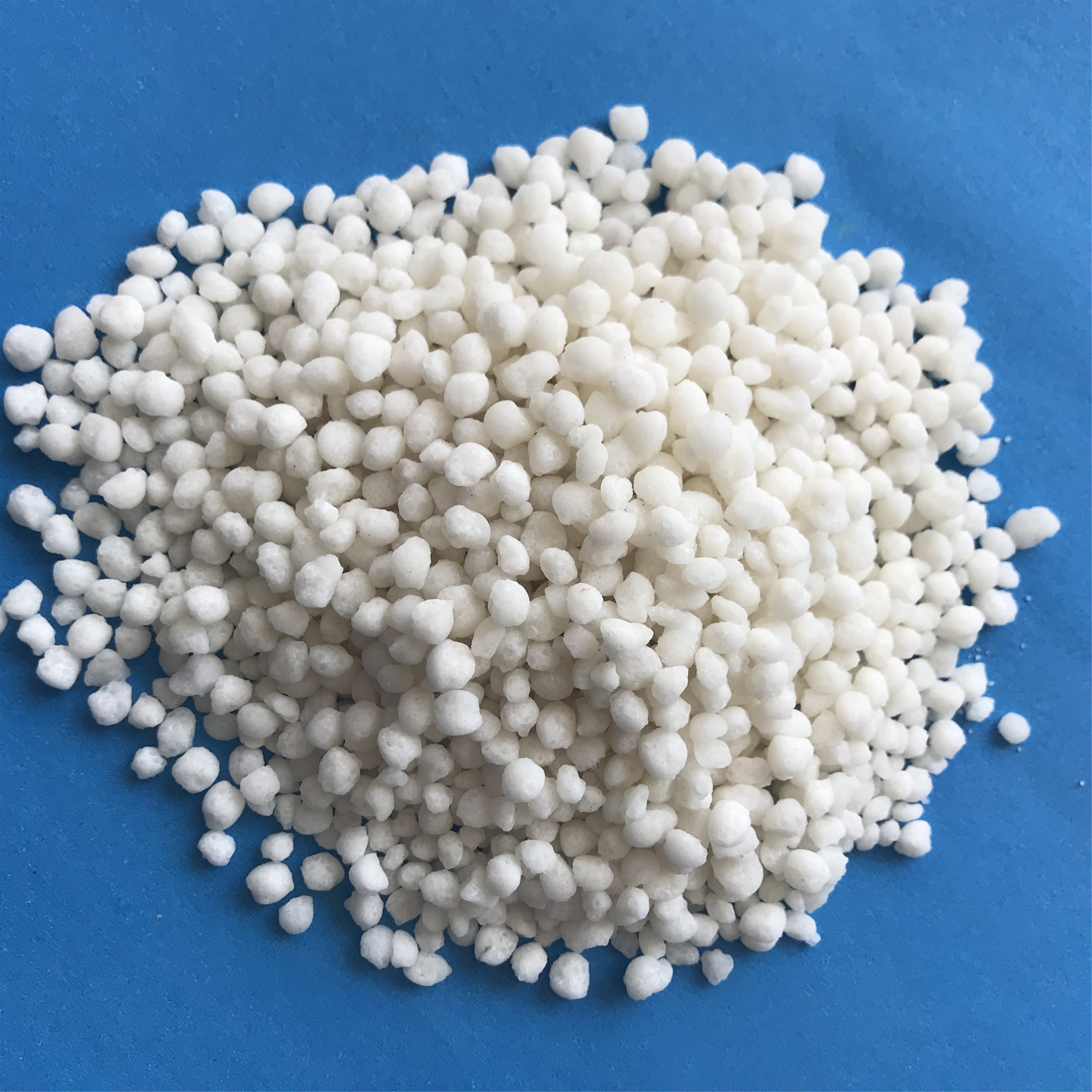



uses of potassium nitrate in agriculture
The Uses of Potassium Nitrate in Agriculture
Potassium nitrate, often referred to as saltpeter, is an essential compound in the agricultural sector, playing a crucial role as a fertilizer and influencing crop productivity positively. Its chemical formula, KNO3, indicates that it contains both potassium (K) and nitrate (NO3), which are vital nutrients for plants. With the growing demand for sustainable agricultural practices and increased crop yields, the utilization of potassium nitrate is becoming increasingly significant.
One of the primary uses of potassium nitrate in agriculture is as a source of potassium and nitrogen, two essential macronutrients required for healthy plant growth. Potassium plays a critical role in regulating various physiological processes, including photosynthesis, protein synthesis, and water uptake. It helps strengthen plant cell walls, making crops more resilient to diseases and environmental stresses. Nitrogen, on the other hand, is crucial for the synthesis of vital proteins and chlorophyll, promoting lush, green foliage and overall plant vigor.
The Uses of Potassium Nitrate in Agriculture
The solubility of potassium nitrate is another significant advantage in its application. Unlike some fertilizers that may be less soluble or require specific soil conditions to be effective, potassium nitrate dissolves easily in water, allowing for both foliar sprays and soil applications. This versatility enables farmers to apply it effectively, ensuring that crops receive the necessary nutrients during critical growth periods.
uses of potassium nitrate in agriculture

Moreover, potassium nitrate plays a pivotal role in fertigation—the process of applying fertilizers through an irrigation system. This method allows for precise nutrient management, reducing wastage and ensuring that plants receive their required nutrients efficiently. With the increasing adoption of drip irrigation systems, potassium nitrate has become an integral part of nutrient management strategies in modern agriculture.
Additionally, potassium nitrate can help manage plant diseases. Research indicates that the application of potassium nitrate can enhance the plant's resistance to various pathogens. It stimulates the production of defensive compounds, increasing plants' innate immune responses. Consequently, farmers may find that using potassium nitrate not only promotes growth but also contributes to healthier plants that can withstand various diseases, reducing the need for chemical pesticides.
Lastly, environmental sustainability is paramount in today’s agricultural practices. Potassium nitrate is a more sustainable option compared to other nitrogen sources, as it minimizes nitrogen leaching into groundwater, which is a significant environmental concern. Properly managed potassium nitrate applications can lead to higher nutrient use efficiency, ensuring that farmers can maximize their yields without causing environmental harm.
In conclusion, potassium nitrate is a vital component in modern agriculture, offering numerous benefits in promoting plant health, enhancing crop yields, and improving fruit quality. Its solubility, effectiveness in fertigation, and role in disease resistance make it an indispensable tool for farmers aiming for sustainable and productive agricultural practices. As the agricultural landscape continues to evolve, the importance of potassium nitrate is likely to grow, helping to meet the food demands of an expanding global population while preserving environmental integrity.
-
Why Sodium Persulfate Is Everywhere NowNewsJul.07,2025
-
Why Polyacrylamide Is in High DemandNewsJul.07,2025
-
Understanding Paint Chemicals and Their ApplicationsNewsJul.07,2025
-
Smart Use Of Mining ChemicalsNewsJul.07,2025
-
Practical Uses of Potassium MonopersulfateNewsJul.07,2025
-
Agrochemicals In Real FarmingNewsJul.07,2025
-
Sodium Chlorite Hot UsesNewsJul.01,2025










